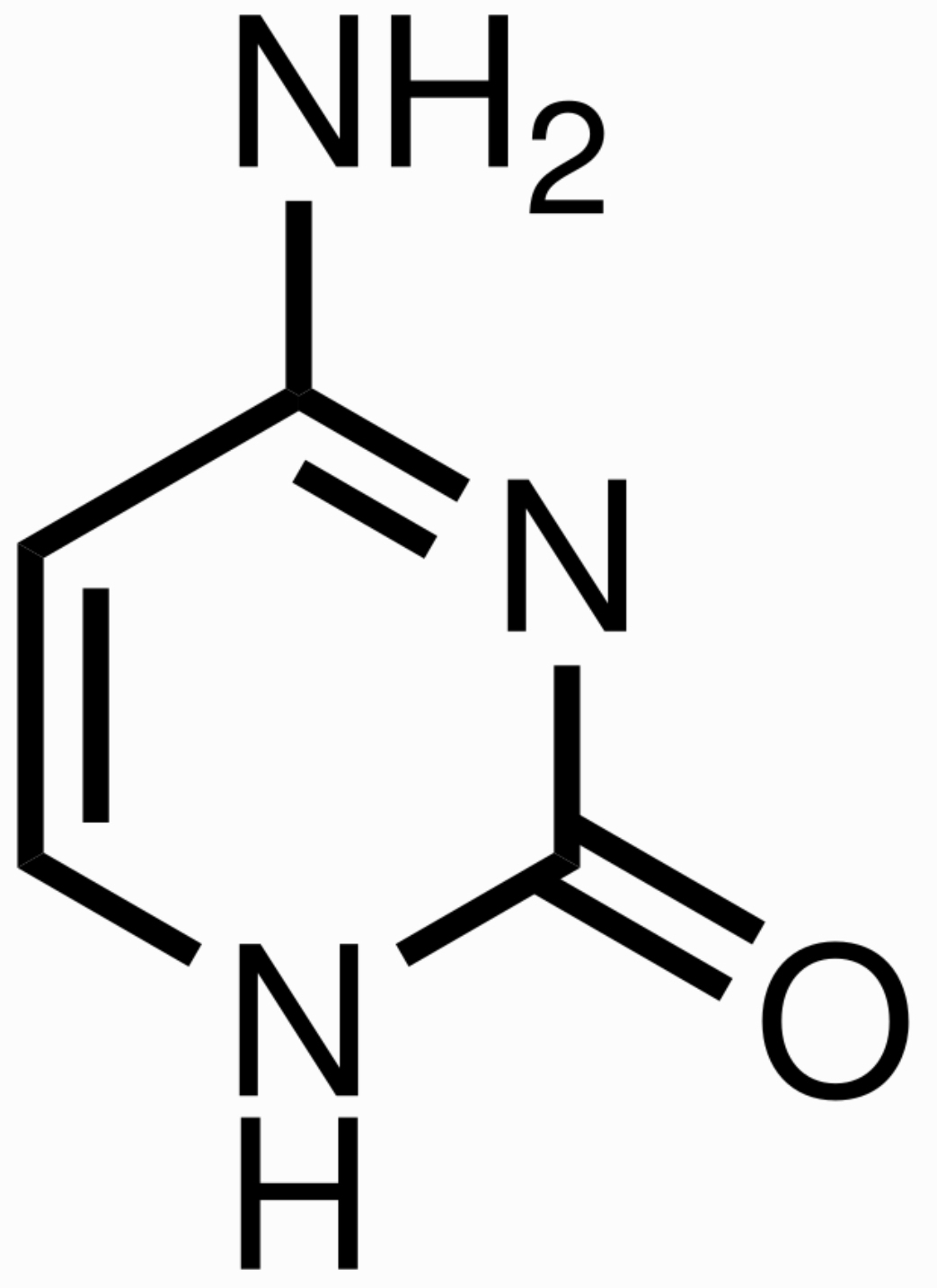Cytosine's Abiogenic Absence and Epigenetic Significance
Cytosine, a fundamental nucleobase in DNA and RNA, is essential for the storage and transmission of genetic information. While many organic molecules have been shown to form under abiogenic conditions, cytosine has proven elusive in such experiments. This article delves into the challenges of cytosine's abiogenic synthesis and highlights the critical role cytosine plays in epigenetics.
Abiogenic Synthesis Challenges
Cytosine's chemical structure presents significant hurdles for its formation under abiogenic conditions. The molecule consists of a pyrimidine ring with amine and ketone functional groups. While pyrimidine has been synthesized in abiotic experiments, incorporating the specific functional groups of cytosine has remained a challenge.
Several factors contribute to the difficulty of cytosine's abiogenic synthesis:
Reactivity: The functional groups of cytosine are prone to reactions with other molecules, making it difficult to isolate and stabilize cytosine under prebiotic conditions.
Stability: Cytosine is susceptible to degradation under harsh environmental conditions, such as high temperatures and radiation, which are thought to have been prevalent in early Earth.
Side Reactions: The chemical reactions leading to cytosine formation can also produce other compounds, reducing the yield and purity of cytosine.
Despite numerous attempts to synthesize cytosine under simulated prebiotic conditions, no definitive success has been achieved. This lack of abiogenic synthesis suggests that cytosine's emergence on early Earth may have required more complex chemical pathways or specific environmental conditions that have not yet been replicated in the laboratory.
Cytosine's Role in Epigenetics
While cytosine's abiogenic absence remains a puzzle, its biological significance is undeniable. Cytosine plays a crucial role in epigenetics, the study of heritable changes in gene expression that occur without alterations to the DNA sequence.
One of the most well-known epigenetic mechanisms involves the methylation of cytosine. This process involves the addition of a methyl group to the cytosine base, altering its chemical properties and influencing gene activity. Methylated cytosine can suppress gene expression by preventing transcription factors from binding to DNA or by recruiting proteins that modify chromatin structure.
Cytosine methylation patterns are established during development and can be influenced by environmental factors such as diet, stress, and exposure to toxins. These patterns can be inherited across generations, providing a mechanism for transmitting acquired traits without changes to the DNA sequence.
Epigenetic modifications of cytosine are involved in a wide range of biological processes, including:
Development: Cytosine methylation patterns are crucial for cell differentiation and tissue formation during embryonic development.
Gene Regulation: Methylation of cytosine can silence or activate specific genes, allowing cells to respond to environmental cues and maintain homeostasis.
Disease: Aberrant cytosine methylation patterns have been linked to various diseases, including cancer, neurological disorders, and autoimmune conditions.
Understanding the mechanisms of cytosine methylation and its role in epigenetics is essential for developing new therapies for diseases and improving human health.
Conclusion
Cytosine's absence in abiogenic synthesis experiments raises intriguing questions about its origins on early Earth. However, its biological significance is undeniable, particularly in the field of epigenetics. Cytosine's involvement in methylation patterns provides a crucial mechanism for regulating gene expression and transmitting acquired traits across generations. Further research into cytosine's abiogenic synthesis and epigenetic functions will undoubtedly shed light on the complex interplay between genetics and the environment in shaping life as we know it.




Comments
Post a Comment